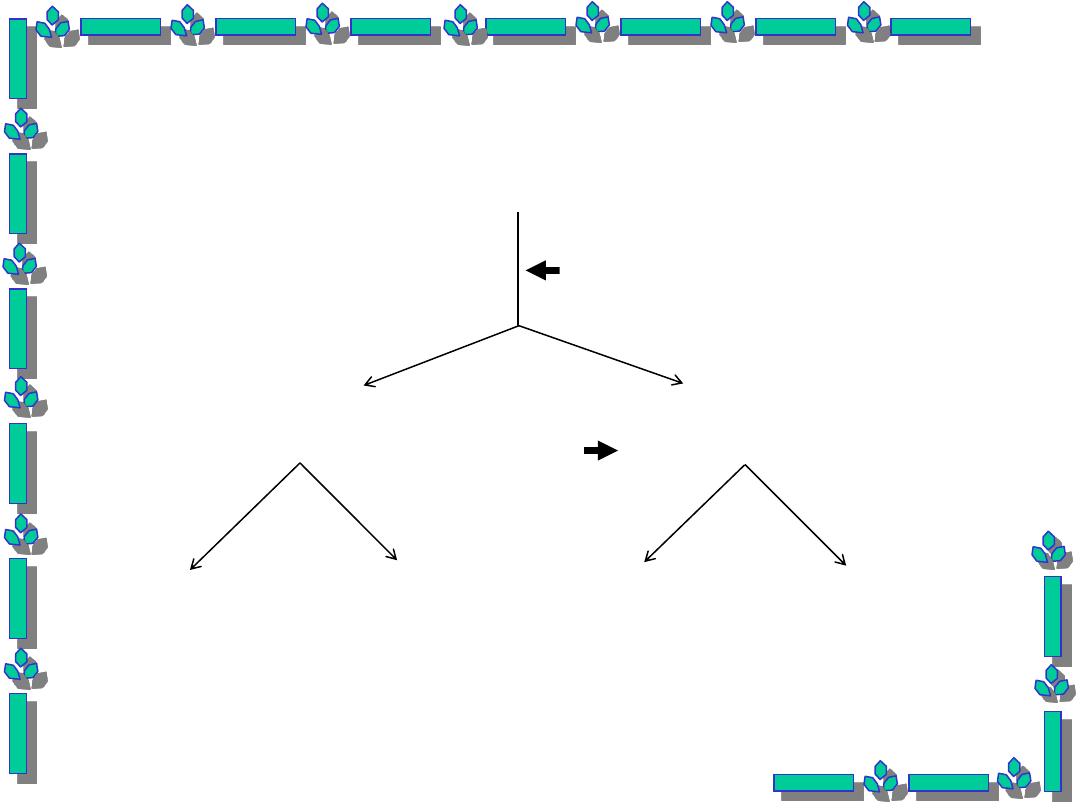
Ann Jolly
1
Screening
• “...the identification of unrecognized disease
or defect by the application of tests,
examinations or other procedures...”
• “...sort out apparently well persons who
probably have disease from those who
probably do not.”
• “...not intended to be diagnostic...”

Ann Jolly
2
Different kinds of testing in medicine
• “Diagnostic” - specifically looking for a
suspected condition which is tested for and
confirmed or excluded
• “Case-finding” - usually in an investigation of
exposed people, to sort the exposed and ill
from the exposed and well. (E.g., test people
who were in contact with a case of
tuberculosis, or check b.p. of patient who is
overweight)
• “ Screening” - usually no specific exposure or
indication that the individual has disease. (E.g.,
routine PSA testing in middle-aged males)

Ann Jolly
3
Types of screening
• Mass screening, no selection of population
(e.g., checking all infants for hearing
problems)
• Selective screening (e.g., by age and sex:
mammograms for women aged over 40)
• Multiphased screening (a series of tests, as
family doctors do at annual health exams)

Ann Jolly
4
Logic of screening
Apparently well population
Screening test
Negative results
Positive results:
Diagnostic test
Disease
No disease
Disease
No disease
(False negative) (True negative) (True positive) (False positive)

Ann Jolly
5
How good is the test?
Disease present?
Yes
No
Positive
Negative
Test result
True positive
False negative
False positive
True negative
Sensitivity =
True positive
True positive + False negatives
Specificity =
True negative
True negative + False positives

Ann Jolly
6
Characteristics
of a good screening test
• Valid (e.g., sensitive and specific)
• Reliable (gives consistent results; no random errors)
• Yield (number of cases identified per thousand
screened)
• Cost – benefit (compare costs avoided due to early
detection of the disease against cost of the screening.
Does the test merely uncover more disease that is
expensive to treat without appreciable advantage?)
• Acceptable (discomfort, hassle, cost of obtaining test)
• Follow-up services (plan needed to deal with positive
results)

Ann Jolly
7
When should we screen?
Screen when:
• It is an important health problem (think about
how to define ‘important’?)
• There is an accepted and effective treatment
• Disease has a recognizable latent or early
symptomatic stage
• There are adequate facilities for diagnosis and
treatment
• There is an accurate screening test
• There is agreement as whom to consider as
cases

Ann Jolly
8
Ethics of medical care
Remember the basic
• Autonomy
• Non-maleficence
• Beneficence
• Justice

Ann Jolly
9
Periodic health examination
•
• Levels of evidence for interventions
– I-1
Randomized controlled trials
– II-1
Well-designed trial but not randomized
– II-2
Cohort or case-control studies in more
than one centre
– II-3
“Natural experiments”
– III
Expert opinion
